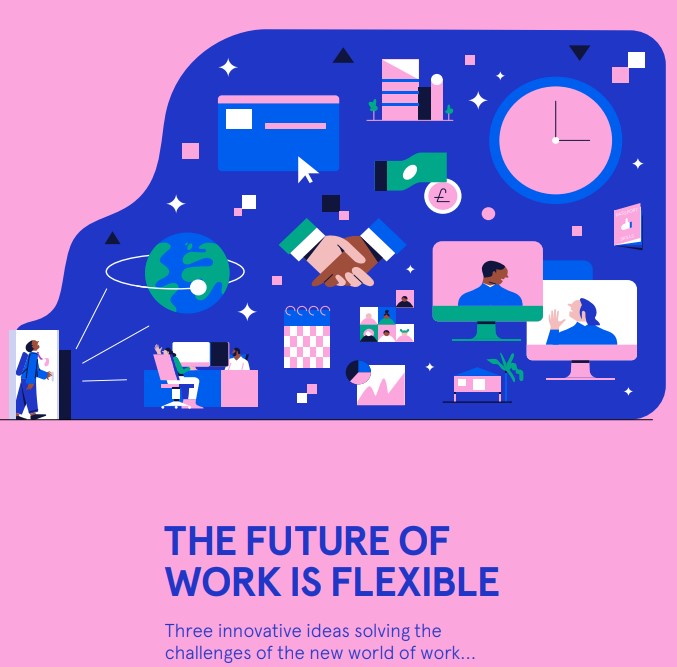
The future of work is the rapid transformation of employee needs, their roles and the shape of the workforce. Wired and Unilever wrote an ebook to learn why the stark shifts in population changes are one reason why the future of work has become an urgent conversation.
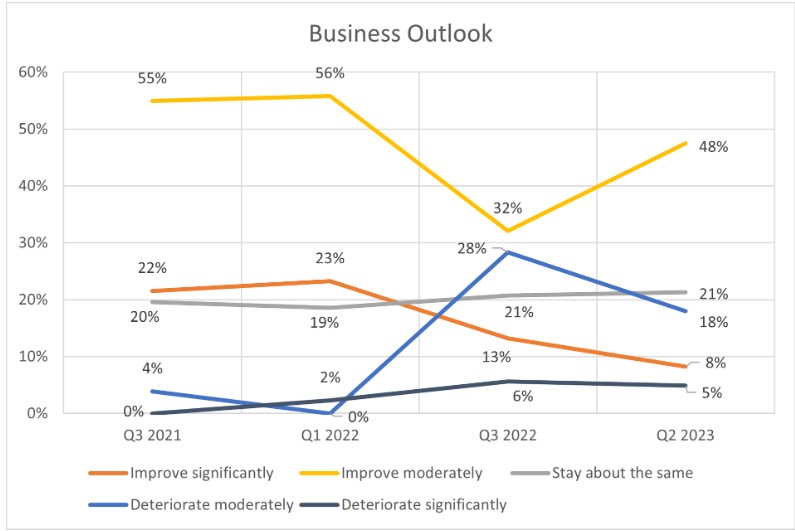
Population changes contribute to the urgency surrounding the future of work for many reasons such as talent shortages, changing of employee expectations (for example, younger generations may prioritize flexible work arrangements, work-life balance, and purpose-driven careers), update of skills development (with AI, it is essential to identify emerging skills requirements and provide training opportunities to ensure a smooth transition for employees).
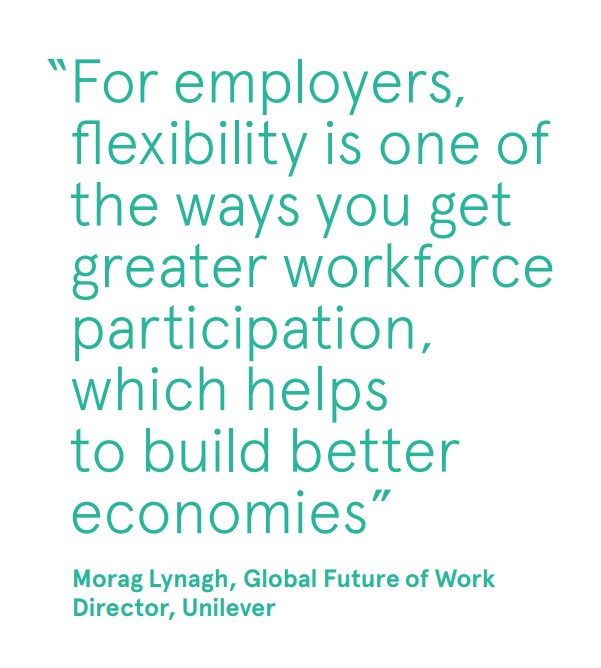
There was a time when a person would get a job, work for the same company all their life, and then retire. Then the internet came along and made it much easier to shop around for new jobs, and more people started to have different careers. But after the Covid-19 pandemic, we found new trends such as four-day weeks, remote arrangements, people who decided to work independently as contractors or freelancers.
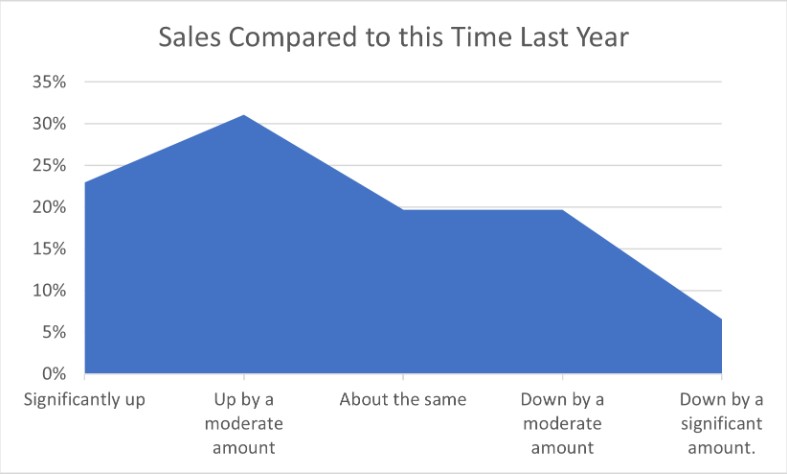
Internal talent marketplaces have gained significant attention as a means to empower workers and enhance career flexibility within organizations. These AI-powered platforms serve as digital marketplaces where employees can discover and apply for various opportunities within their company, beyond their current roles. This concept enables employees to explore different projects, teams, or departments, fostering professional growth and a more flexible career path.
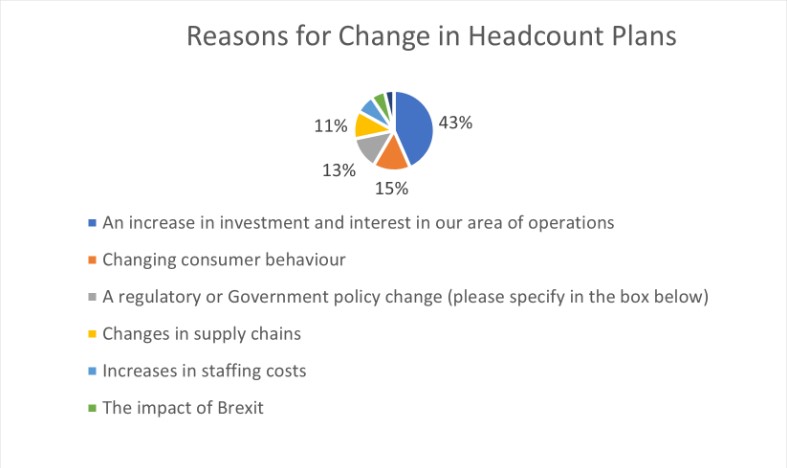
Patrick Hull, Unilever’s VP of Global Learning & Future of Work, says: “There can be a tendency for people to talk about internal talent marketplaces in a paternalistic way: ‘You must reskill or else you’re going to be redundant’,” he says. “But we wanted to start from a place of purpose. By that we mean: what makes that person unique? What is their unique way of approaching work? If we ask them to think about what skills they want to develop in line with their purpose, that’s far more motivational for them to upskill. They benefit and Unilever benefits, because we’re going to get them at their best.”
In the new flexible labor paradigm, where qualifications can quickly become outdated and workers engage in a greater variety of projects, skills become a crucial currency for success. Rather than relying solely on traditional measures like college degrees or grade point averages, individuals will need to emphasize their capabilities and the specific skills they possess. The World Economic Forum (WEF) has highlighted the need for reskilling in response to the changing demands of the labor market. According to the WEF, by 2025, approximately 50 percent of workers will need to reskill. This requirement is particularly prominent in the industrial world, where automation is rapidly transforming skill requirements. To keep up with these changes, large-scale reskilling efforts are necessary.
The EU has launched a programme called Pact For Skills, which is based on acquiring ‘micro-credentials’ – mini-courses that teach a specific skill. It aims to have at least 60 percent of adults participating in training by 2030. “The question is, how can we measure learning and badge it, so that anyone can see that Person X has all these verified skills?” says Els Howard-Polman, VP in the Workforce Skills division at the education company Pearson. Digital credentials company Credly, which Pearson acquired at the beginning of 2022, is one of the current leaders in this field. Its Acclaim digital badging platform uses blockchain technology as a tamper-proof level of external verifIcation for both issuers and earners of credentials. “It establishes trust and means the learner can move to other jobs with the credentials that they’ve earned, which will be recognised wherever they go,” says Howard-Polman.
READ EBOOK